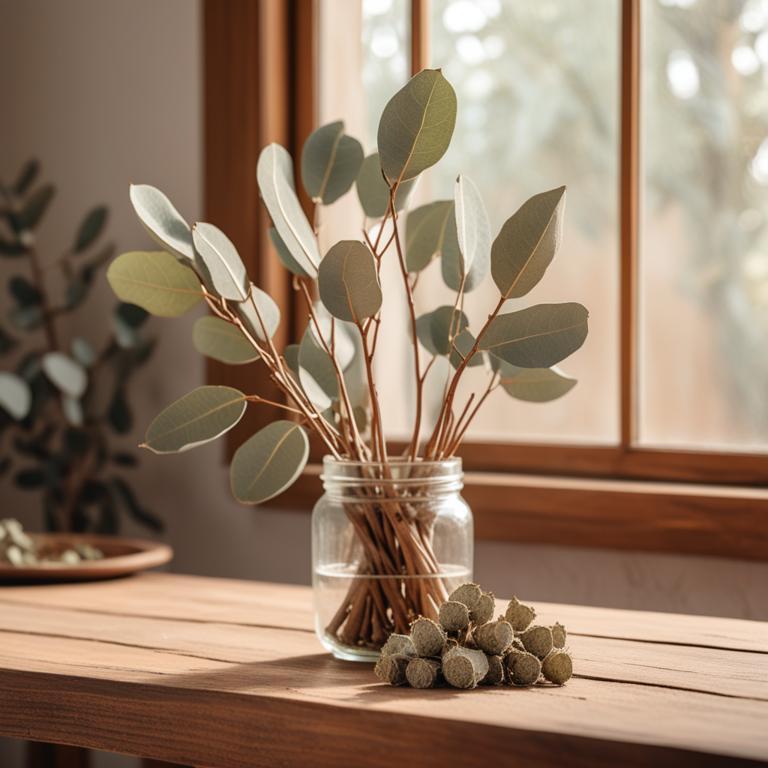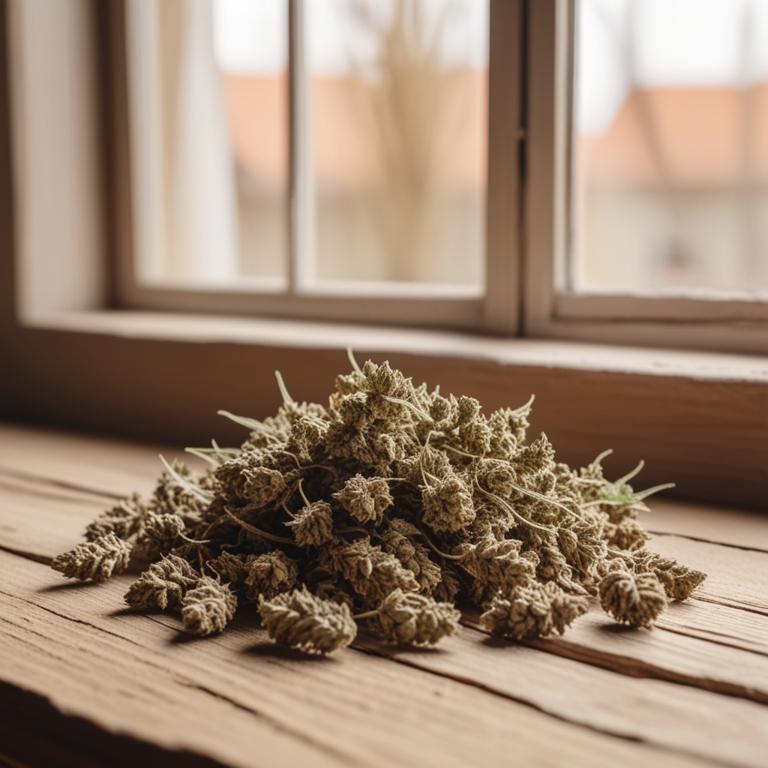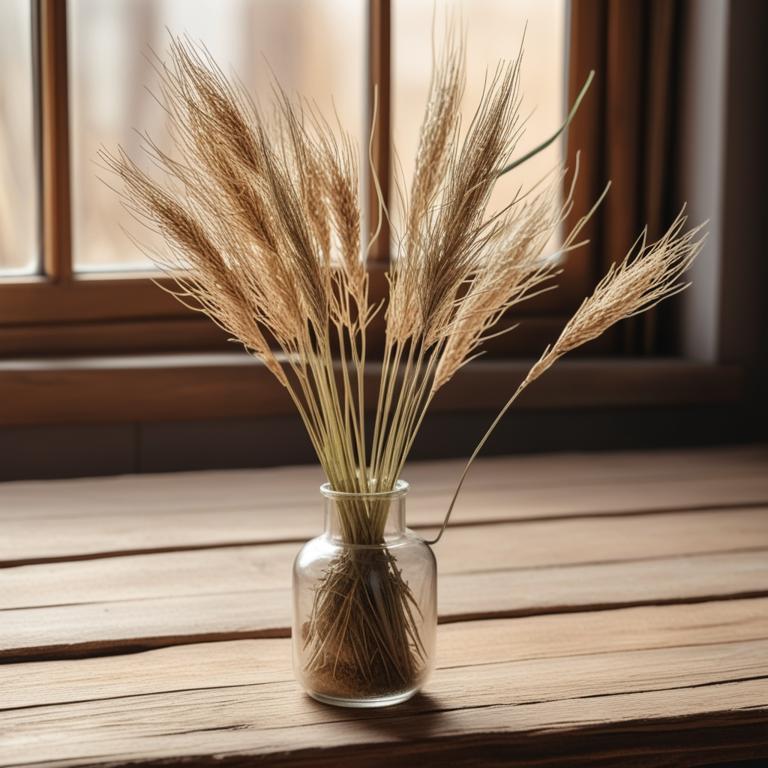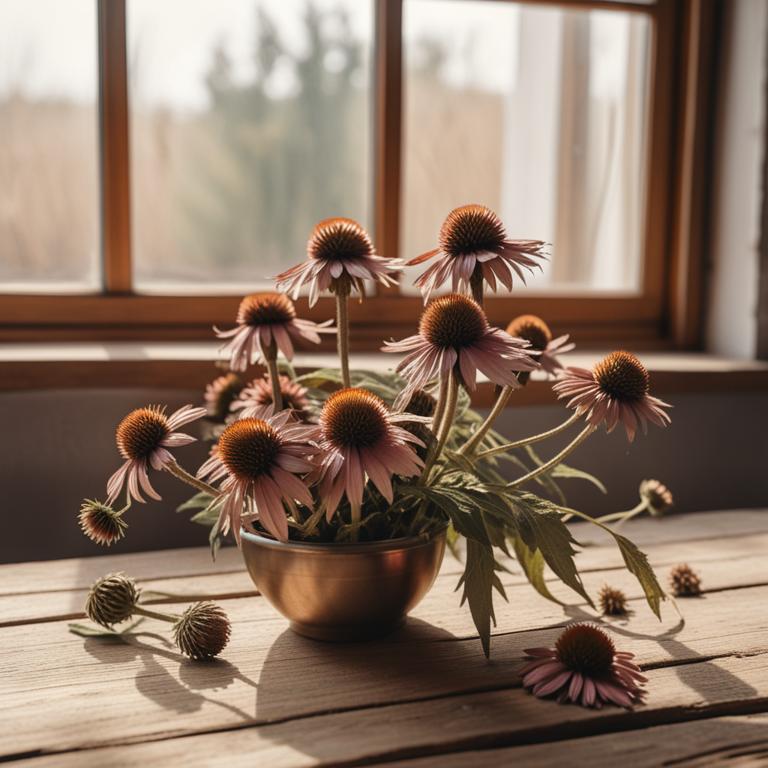Updated: Dec 1, 2024
Bruises: Causes, Symptoms, and Herbal Preparations for Relief
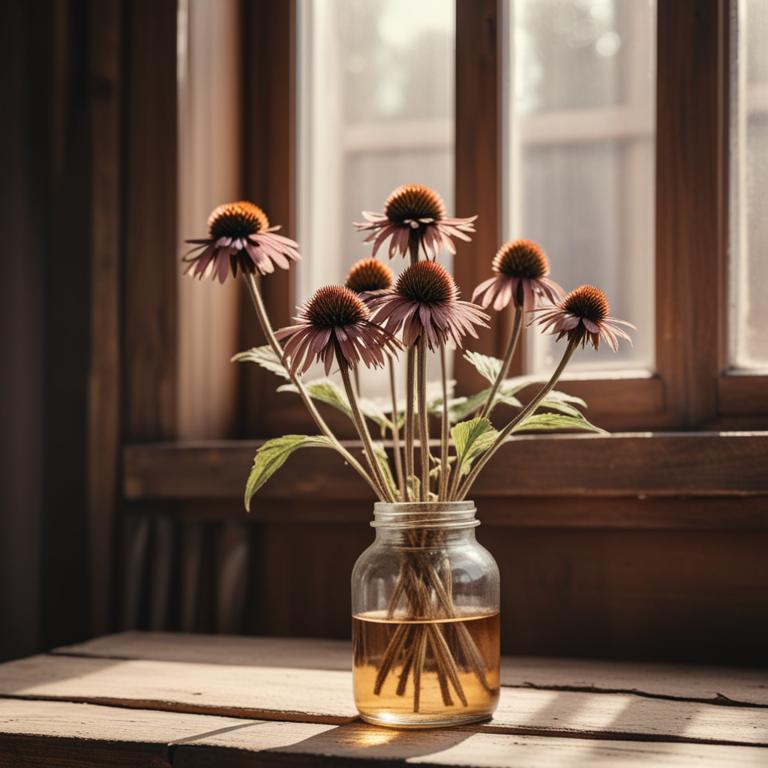
Bruises are painful and unsightly injuries that can affect anyone at any time.
They occur when blood vessels are damaged, causing blood to leak into the surrounding tissue and form a dark blue or purple mark. This can happen due to falls, bumps, or even minor injuries like pinching or hitting a surface. Bruises can be painful and uncomfortable, making everyday activities like walking or even sitting difficult. When we get a bruise, it's not just the physical pain that's a problem – it's also the emotional impact.
We might feel self-conscious about the unsightly mark, or worry that it will leave a permanent scar. To help alleviate the pain and promote healing, herbal remedies can be a great option. Herbs like arnica, calendula, and plantain are known for their anti-inflammatory and antiseptic properties, which can help reduce swelling and promote healing. These herbs can be consumed as teas, applied topically as ointments or creams, or taken as supplements in capsule or tincture form.
Drinking arnica tea, for example, can help reduce pain and inflammation, while applying a calendula cream to the affected area can promote healing and reduce scarring.
Table of Contents
What are the underlying causes of bruises?
The main causes of bruises are a combination of several factors that result in blood leaking from blood vessels and pooling under the skin.
Falls are a common cause of bruises as they can cause direct impact on the skin, leading to damage to the blood vessels and capillaries. When a person falls, the force of the impact can cause the vessels to rupture, allowing blood to leak out and accumulate under the skin, resulting in a bruise. Blunt trauma, such as being hit by an object or colliding with a surface, can also cause bruises. This type of trauma can cause significant force to be applied to the skin, leading to damage to the blood vessels and capillaries. The force can be strong enough to rupture the vessels, causing blood to leak out and accumulate under the skin.
Sports injury is another common cause of bruises, particularly in contact sports such as football, hockey, and soccer. In these sports, players can collide with each other or with the ground, resulting in direct impact and damage to the blood vessels and capillaries. This can cause bruises, especially on areas that are exposed to impact, such as the knees, elbows, and shins. Car accidents can also cause bruises due to the force of impact and the rapid deceleration that occurs during a crash. When a vehicle is involved in an accident, the occupants can experience significant force, which can cause damage to the blood vessels and capillaries.
This can lead to bruising, particularly on areas that are exposed to impact, such as the face, chest, and abdomen.
How can herbs be used to help with bruises?
When it comes to treating bruises, using herbs can be a great option.
The main benefits of using herbs for bruises are that they can help reduce swelling and ease pain. They can also promote blood circulation, which helps to get rid of the excess blood that collects under the skin and causes the bruise to look purple or blue.
Another benefit is that herbs can help speed up the healing process, so the bruise doesn't take as long to go away. They can also help reduce inflammation and promote healthy tissue repair, which is important for preventing scarring.
Additionally, using herbs can be a natural and non-invasive way to treat bruises, which is especially appealing if you're trying to avoid medication or other treatments.
What are the primary natural remedies for bruises in the form of herbs?
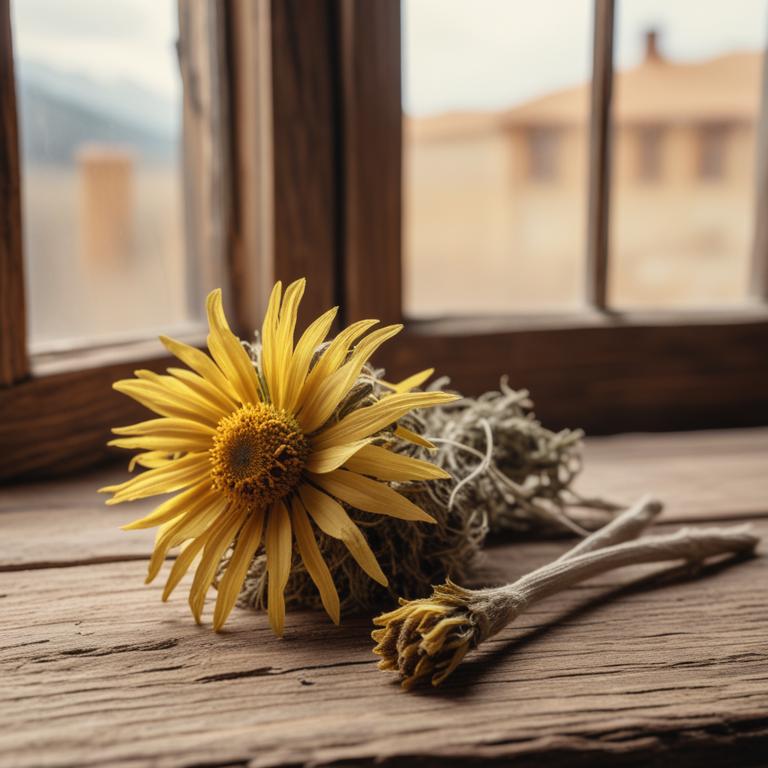
When it comes to treating bruises, certain herbs can be really helpful in reducing their appearance and promoting healing.
One of these herbs is Arnica montana, which has anti-inflammatory properties that can help reduce swelling and pain. It's often applied topically, either as a cream or ointment, to the affected area. Another herb, Hamamelis virginiana, also known as witch hazel, is good at reducing swelling and bruising by improving blood flow to the area. It's also antibacterial, which can help prevent infection. You can use it as a compress or apply it directly to the skin with a cotton pad.
Ginkgo biloba is an herb that's often used to improve circulation and reduce inflammation. When applied to a bruise, it can help promote blood flow to the area, which can aid in healing and reduce the appearance of the bruise. Vaccinium myrtillus, or bilberry, is a type of fruit that contains anthocyanins, powerful antioxidants that can help reduce inflammation and promote healing. When applied topically, it can help reduce the appearance of bruises and improve skin tone. Lastly, Aloe barbadensis, or aloe vera, is a well-known herb for its soothing and healing properties. When applied topically to a bruise, it can help reduce inflammation, promote healing, and even improve skin texture.
Its anti-inflammatory properties can also help reduce pain and discomfort associated with bruises.
What are the most commonly used herbal preparations for bruise treatment?
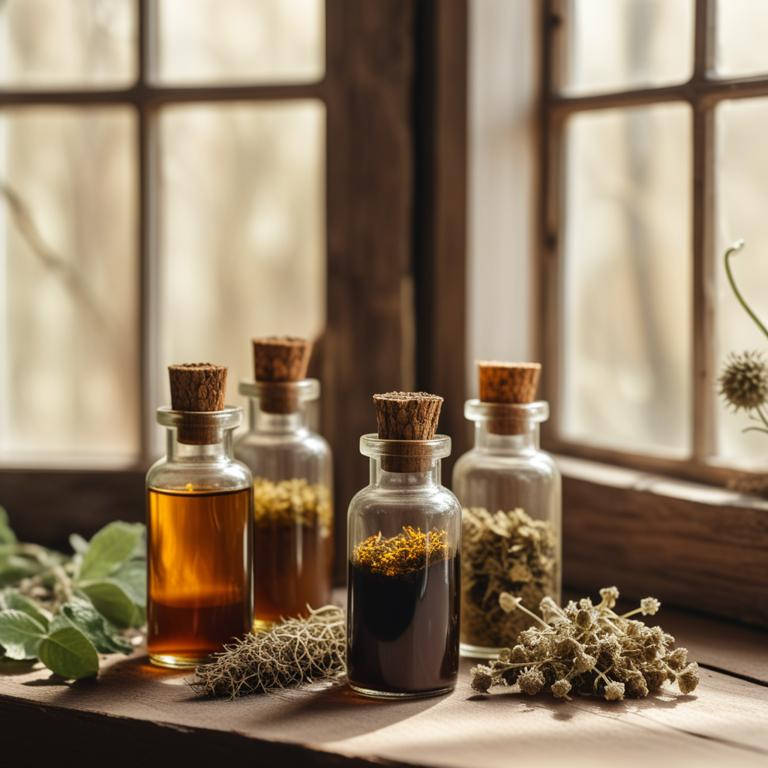
When it comes to treating bruises, herbal preparations can be really helpful.
A tincture, which is a liquid extract, can be applied topically to the affected area to reduce swelling and ease pain. The active ingredients in the herb can be absorbed quickly into the skin, providing fast relief. A decoction, which is a liquid made by steeping herbs in hot water, can also be used to treat bruises. When applied as a compress, it can help to draw out the excess blood that causes discoloration. This can help the bruise to heal faster and look less noticeable.
A salve or ointment, which are thick creams or pastes, can be applied topically to protect the skin and promote healing. These preparations often contain ingredients like aloe vera or vitamin E, which can help to soothe and calm the skin. A poultice, which is a thick paste made from crushed herbs and water, can be applied directly to the bruise to reduce inflammation and ease pain. The heat from the poultice can help to increase blood flow to the area, promoting healing. These herbal preparations can be especially helpful because they often don't have the same side effects as over-the-counter medications.
They can also be customized to suit individual needs and preferences, making them a great option for people who want a more natural approach to healing.
Additional Resources:
What herbs should you be mindful of if you have bruises?
If you have bruises, it's best to be careful with certain herbs.
Glycyrrhiza glabra, also known as licorice root, contains a compound called glycyrrhizin that can raise your blood pressure and make your bruises worse. When you're already dealing with bruising, the last thing you need is higher blood pressure causing more swelling and discomfort. Zingiber officinale, or ginger, is another herb to use with caution. It has anti-inflammatory properties, which can sometimes make it seem like a good idea for bruising. However, ginger can also thin your blood, making it harder for your body to stop bleeding when you're injured. This can actually make your bruises take longer to heal.
Hypericum perforatum, also known as St. John's Wort, is often used to treat depression, but it can also interfere with your body's ability to heal wounds. By affecting the way certain medications work, St. John's Wort can make it harder for your bruises to heal properly. Panax ginseng, or Asian ginseng, can also have an impact on your body's healing process. It's often used to boost energy and improve physical performance, but it can also make your blood pressure rise and your bleeding time increase. This can lead to more swelling and discomfort in already bruised areas. Lastly, Curcuma longa, or turmeric, contains a compound called curcumin that can thin your blood and increase your risk of bleeding.
While it's often used to treat inflammation, it's best to avoid it if you have bruises, as it can make your healing process slower and more complicated.
FAQ
Are there any specific herbs that can prevent bruises?
Some herbs, like ginger and turmeric, may help reduce bruising.
Ginger's anti-inflammatory properties can ease swelling and pain, while turmeric's curcumin can promote blood vessel health.
Consuming these herbs in food or as supplements may aid in bruise prevention, but their effectiveness varies from person to person.
Is it safe to use herbal remedies for bruises during pregnancy?
When it comes to using herbal remedies for bruises during pregnancy, it's best to be cautious.
Some herbs, like ginkgo biloba and feverfew, can affect blood thinning and may interact with other medications.
Others, like arnica, may be safe to try, but it's essential to understand what you're putting into your body.
Are there any herbs that can reduce the frequency of bruises?
Turmeric and ginger are herbs that may help reduce bruising.
They have anti-inflammatory properties that can aid in blood vessel repair and reduce swelling. Some people also use rosemary, which contains antioxidants that help combat cell damage.
These herbs can be consumed as teas or added to meals for potential benefits.
Related Articles
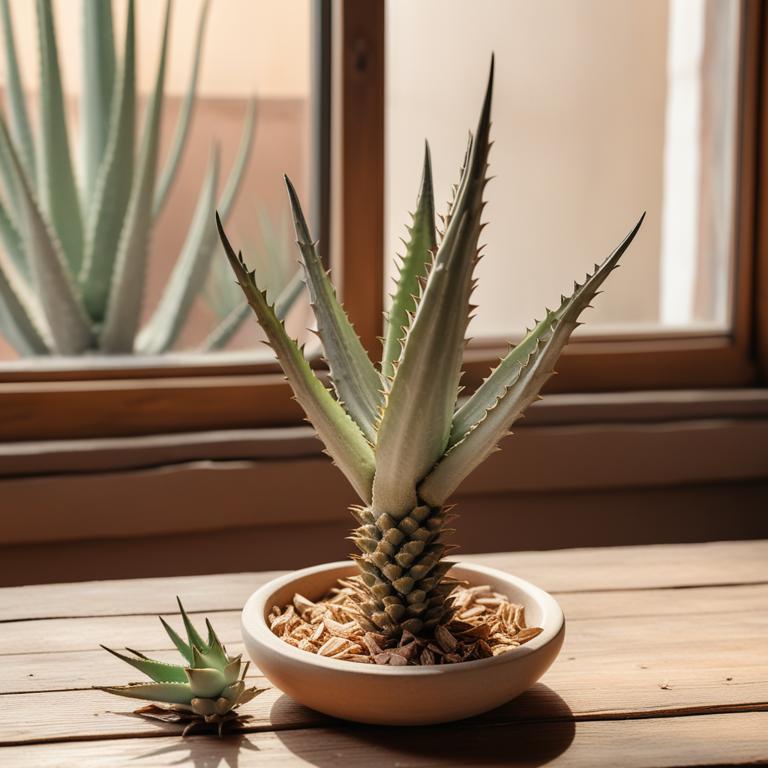
Eye Swelling: Causes, Symptoms, and Medicinal Herb Remedies
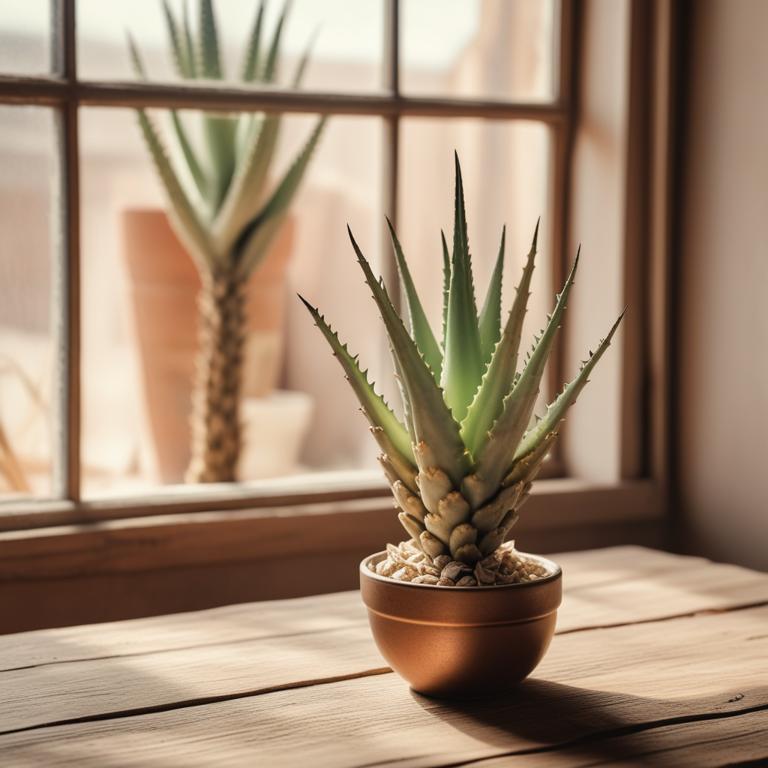
The Causes and Treatment of Excessive Sweating with Medicinal Herbs and Herbal Remedies
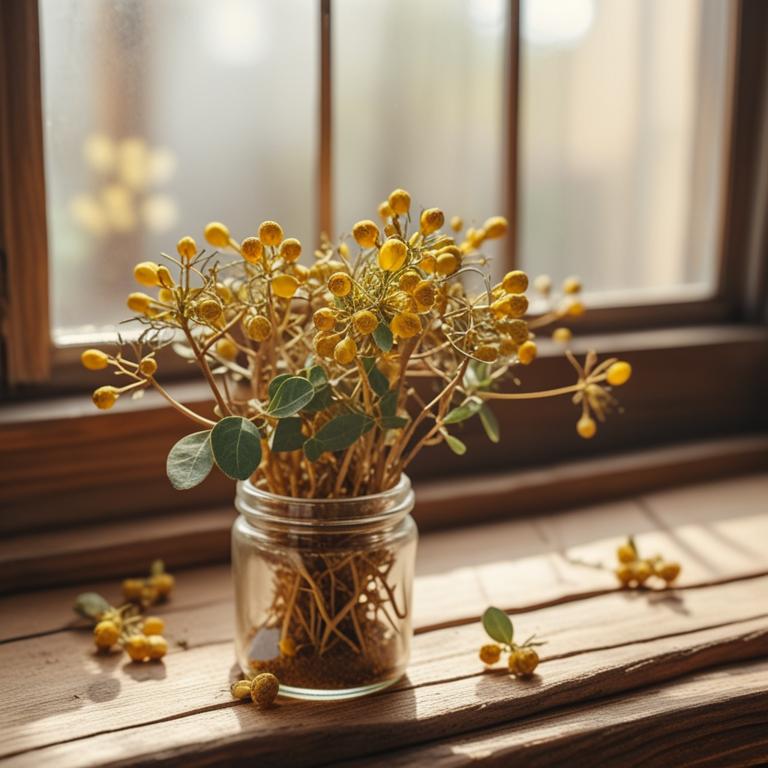
Natural Dermatitis Treatment: Causes and Medicinal Herbs
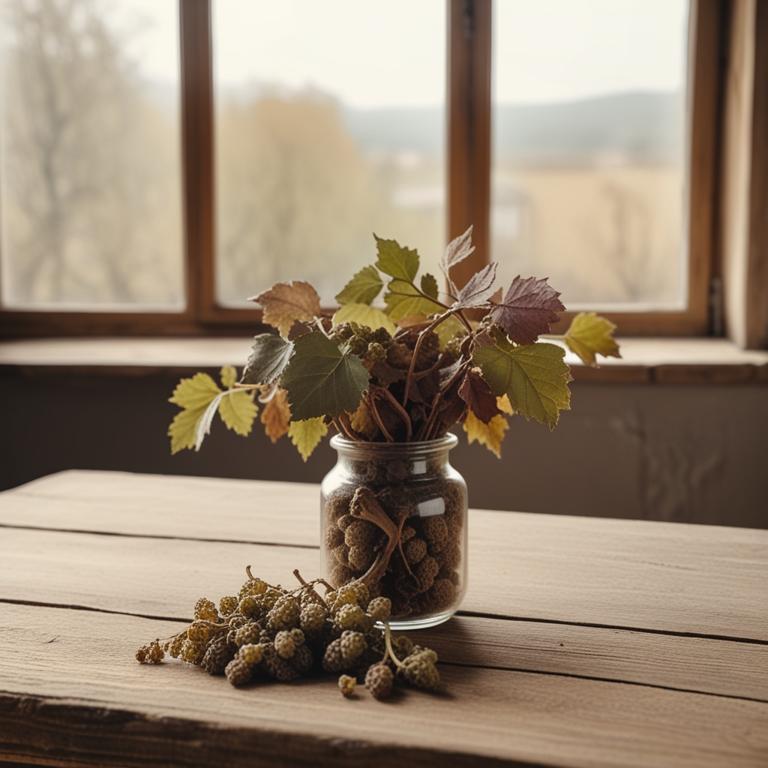
Hyperpigmentation: Causes, Herbal Preparations, and Medicinal Solutions
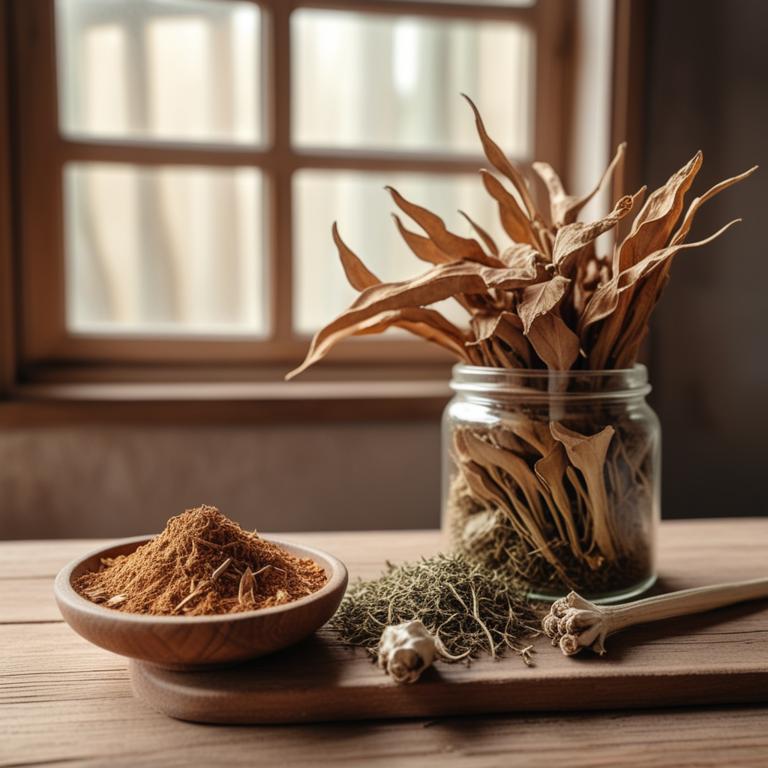
Cold Sore: Understanding Causes, Medicinal Herbs, and Natural Remedies for Relief
